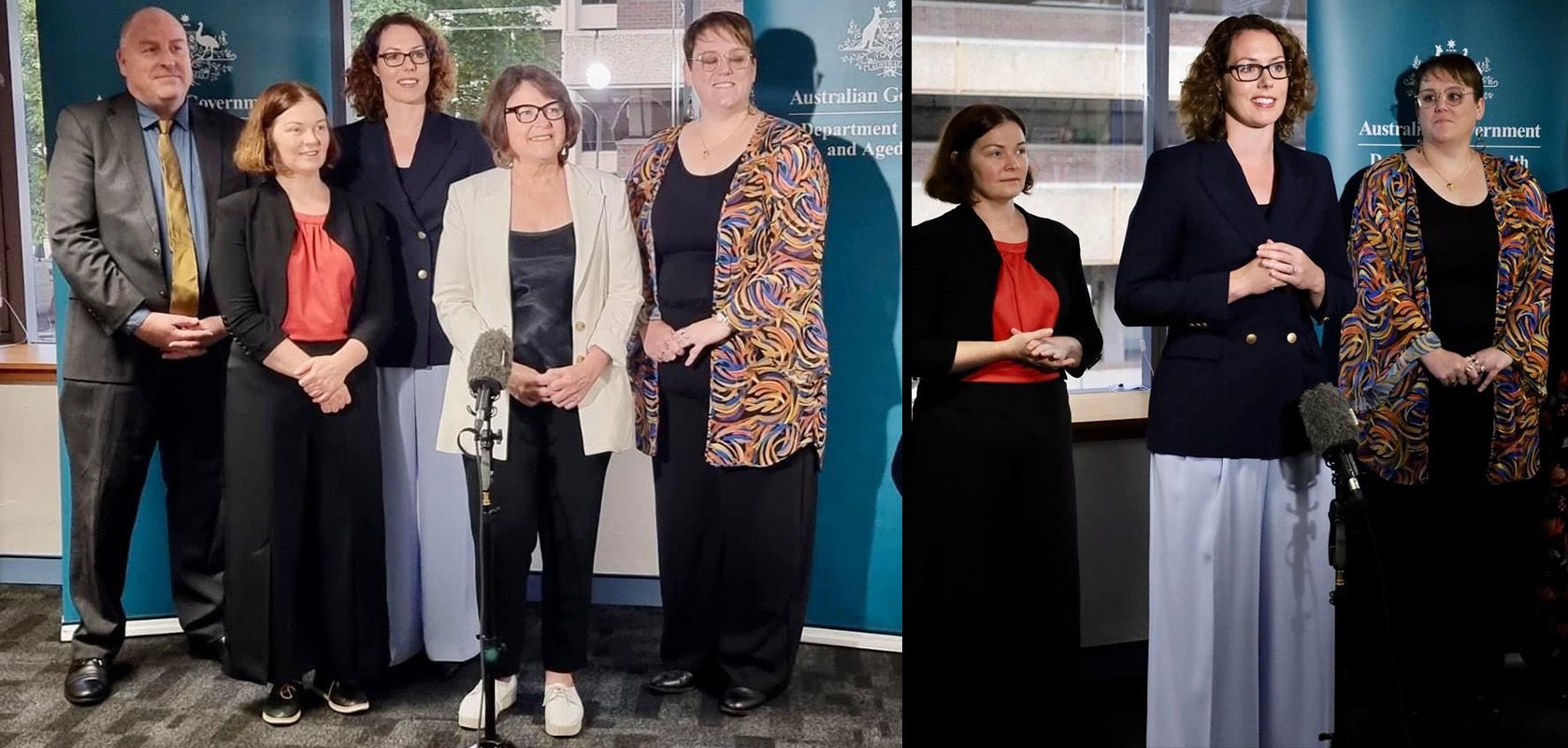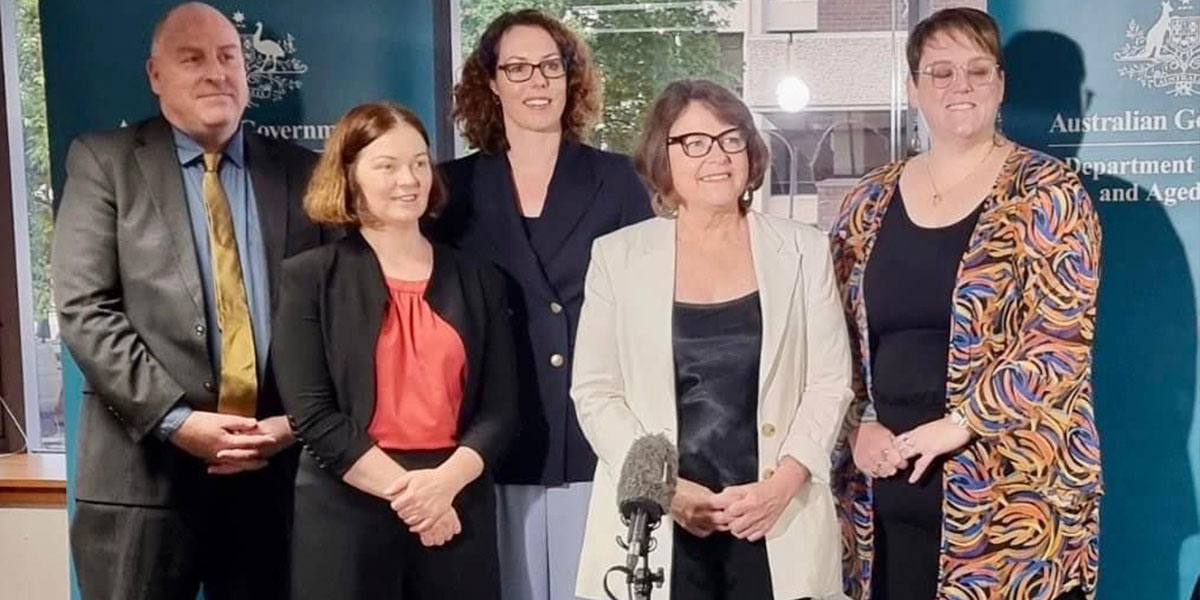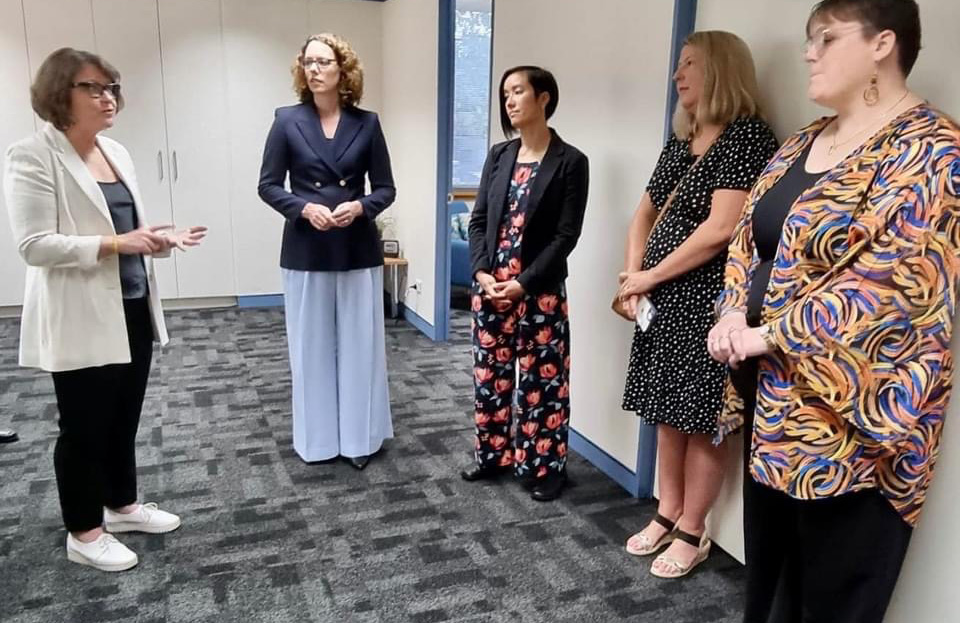
New pelvic pain and endometriosis service
Sexual Health and Family Planning ACT Inc (SHFPACT) is pleased to be the successful applicant in Canberra under a new Australian Government funding round commissioned through Primary Healthcare Networks (PHNs) to improve health system responsiveness to pelvic pain and endometriosis.
New pelvic pain and endometriosis service funding for the Canberra community at SHFPACT
Capital Health Network is Canberra’s PHN. Endometriosis and pelvic pain affect around 1 in 9 people with a female reproductive system. There can be a long gap of many years between first onset of symptoms and appropriate diagnosis and treatment. People with endometriosis often report that their engagement with health professionals is difficult and the health system can be unresponsive.
General practitioners and their patients can feel uncomfortable dealing with reproductive and sexual health issues, and the new service will seek to build confidence, capability and skill for primary health care and allied health professionals.
Healthcare providers report that pelvic pain and endometriosis can be complex areas of health need to diagnose correctly and treat successfully. And community awareness and education about painful periods and pelvic pain is low, leaving many to live with high levels of pain without appropriate care.
The new funding for primary care based services across Australia was announced today, and SHFPACT is looking forward to finalising funding arrangements and the service model in the coming months. The focus of SHFPACT’s approach will be to bring together and improve the system response to endometriosis and pelvic pain. This will include:
- ensuring stronger referral pathways between primary care, allied health, and specialist medical care services;
- workforce development building on SHFPACT’s position as a leading provider of training for the primary care workforce in reproductive and sexual health;
- identifying and sharing health education and practice support resources for general practitioners, practice nurses, and allied health professionals to better support their patients and clients, and to better understand how integrated and wrap-around care is a multidisciplinary effort, not just the work of one healthcare profession.
Combined, the new service intends to improve the responsiveness of health care services and better information about more holistic treatment and management approaches to the needs of people experiencing pelvic pain symptoms, painful periods, and endometriosis.
In the community, people can continue access services from their general practitioner, medical specialist and community health services like SHFPACT for pelvic pain symptoms and painful periods, as well as specialist care when referred to the Endometriosis Centre service offered by Canberra Health Services or private gynaecologists. In the coming months, community health awareness information and improved service referral pathways will be early priorities for the project.
Pelvic pain and endometriosis service launch announcement


New support for local women with endometriosis and pelvic pain.
New pelvic pain and endometriosis clinics are opening across Australia. Where will they be?
ABC NEWS : By political reporter Claudia Long
The federal government is expanding the number of pelvic pain and endometriosis clinics being delivered under an election commitment from both major parties. Both major parties were committed to funding at least 16 new clinics, but now Labor is increasing that to 20.
The new centres will be in every state and territory and established in existing GP clinics, with each one to receive around $700,000 over four years.
Painfully under diagnosed. Persistent pelvic pain affects one in five women or people assigned female at birth, with one in nine affected by endometriosis which on average takes seven years to be diagnosed. Assistant Health Minister Ged Kearney, who is heading up Labor's work on women's health, said the new centres will hopefully help shorten diagnosis times.
"Gathering expertise under one roof, fostering that knowledge to improve diagnosis and services, having referral pathways in place," she said.
"These are all crucial elements to getting the support that women need right.
"We are a government that is committed to improving women's health and this is a crucial step forward for part of the population that has too long been dismissed."
- Created on .
- Last updated on .
